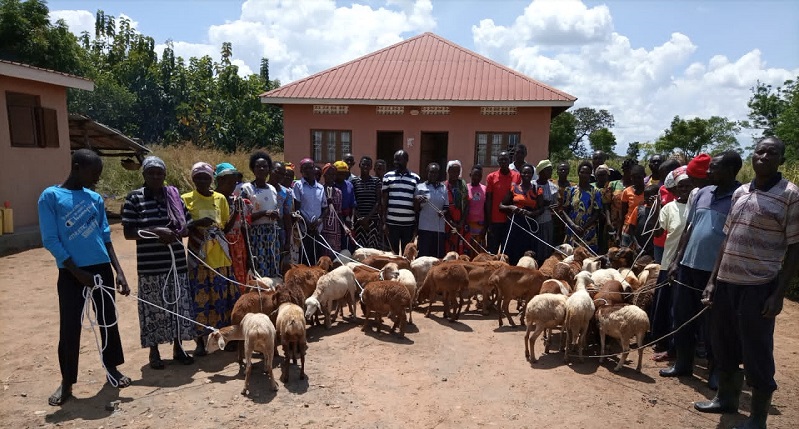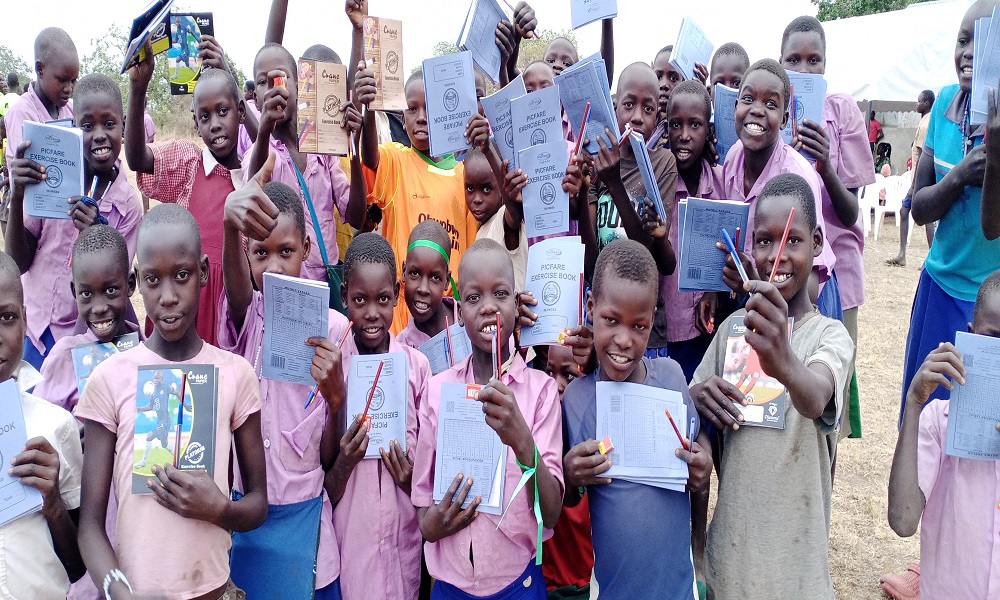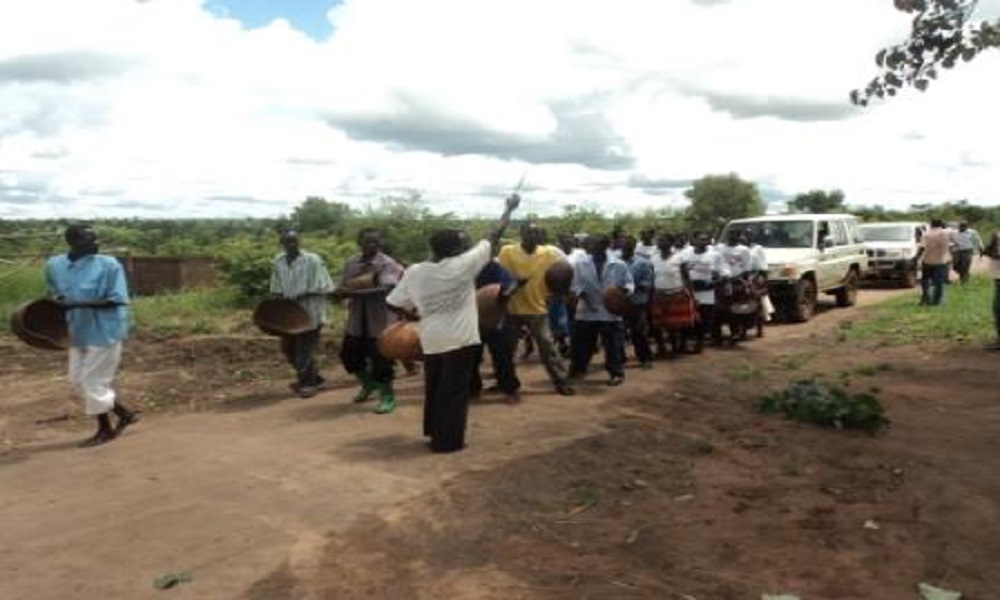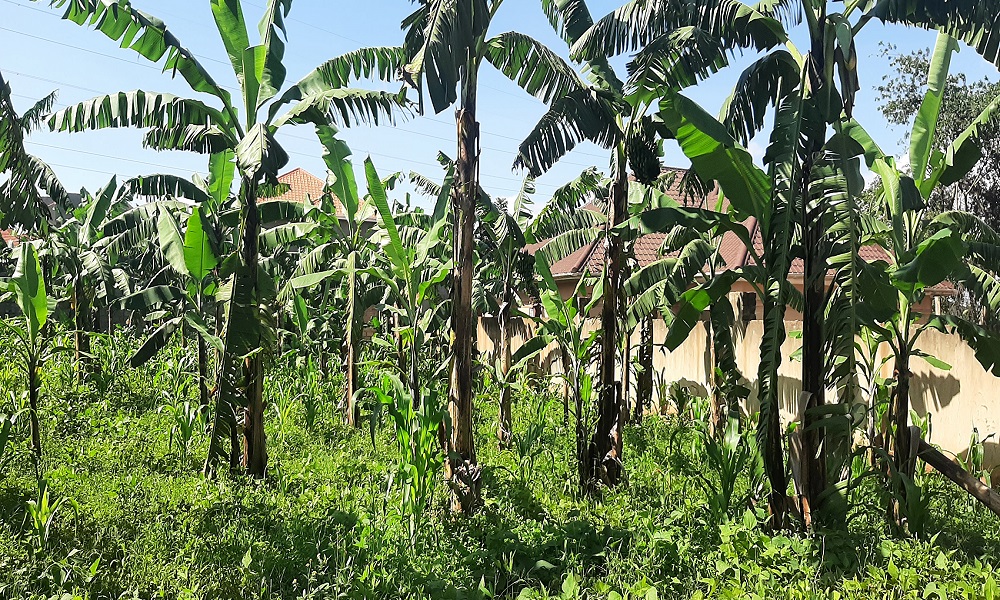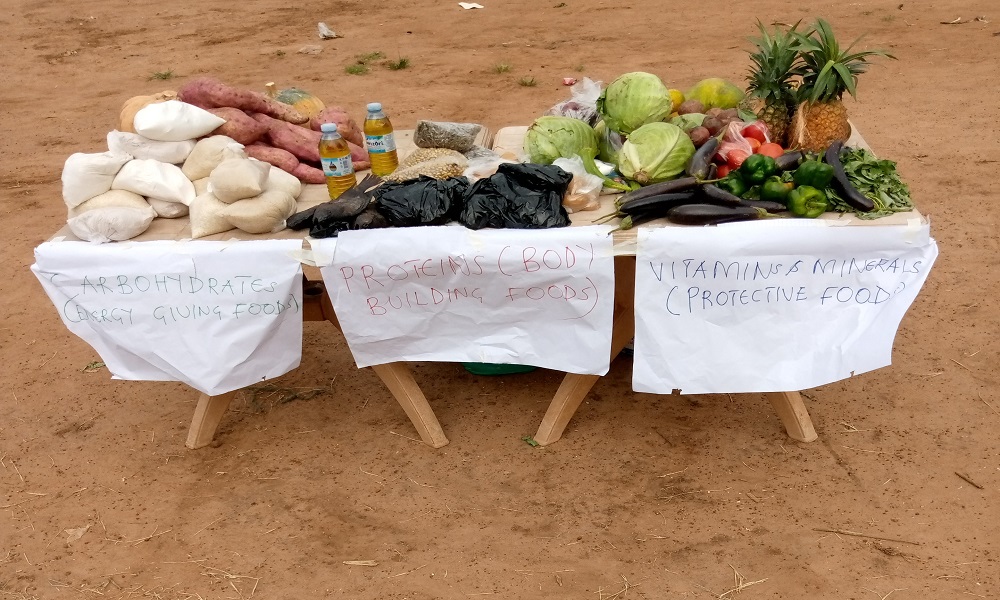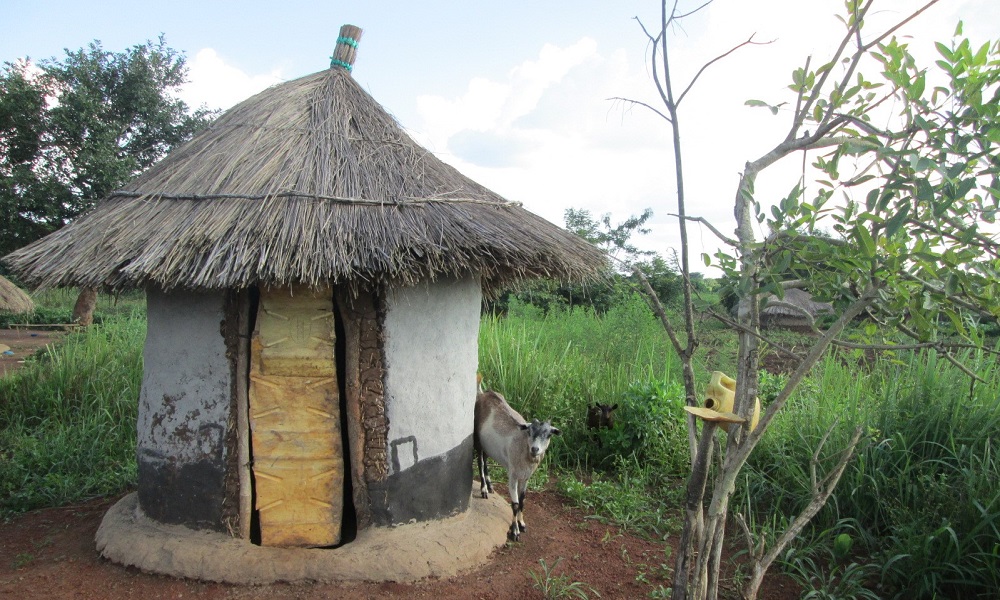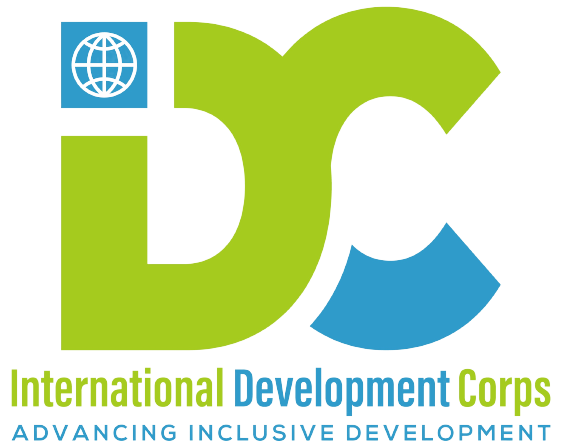Water, sanitation, and hygiene (WASH)
FACTS & FIGURES
- Water Security
- Drilling of new wells
- Water source rehabilitation
- Sanitation
Water, sanitation, and hygiene (WASH) are essential components of inclusive development that contribute to building a dignified world of diversity, equity, inclusion, and social justice. IDC’s mission to address global development challenges and promote local transformation, social justice, and self-reliance aligns well with the need for WASH interventions that recognize the importance of community participation, knowledge-sharing, and capacity-building.
IDC’s approach to WASH prioritizes sustainability, equity, and inclusion. This involves working with communities to identify their specific needs and priorities, co-creating solutions that are culturally appropriate and environmentally friendly, and building local capacity to maintain and expand WASH infrastructure and services.
IDC’s Global WASH programs also prioritize the integration of indigenous knowledge and practices that have proven effective in promoting water conservation, sanitation, and hygiene. By recognizing and valuing the role of local communities in WASH interventions, IDC maximizes the benefits of collective action to promote more sustainable and equitable outcomes.
Another critical aspect of IDC’s approach to WASH is the incorporation of gender-sensitive and disability-inclusive strategies. Women and girls are disproportionately affected by WASH-related issues, and their participation in decision-making processes and access to WASH facilities must be prioritized. Similarly, people with disabilities often face significant barriers in accessing WASH services, and their needs must be addressed through targeted interventions and capacity-building efforts.
IDC prioritizes the Community-Led Total Sanitation (CLTS) approach, which emphasizes community participation and social behavior change. CLTS is an innovative and effective approach that encourages communities to take ownership of their sanitation and hygiene practices, leading to sustainable behavior change and improved health outcomes. IDC works with communities to develop context-specific and culturally-appropriate strategies that promote hygiene and sanitation practices.
Our approach to WASH prioritizes sustainability, equity, and inclusion, recognizes and values the role of local communities and indigenous knowledge, and incorporates gender-sensitive and disability-inclusive strategies. By doing so, IDC has demonstrated its commitment to advancing inclusive development that contributes to building a dignified world of diversity, equity, inclusion, and social justice.

